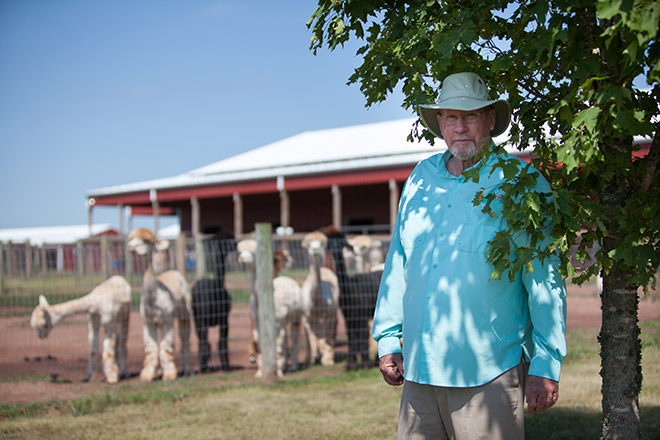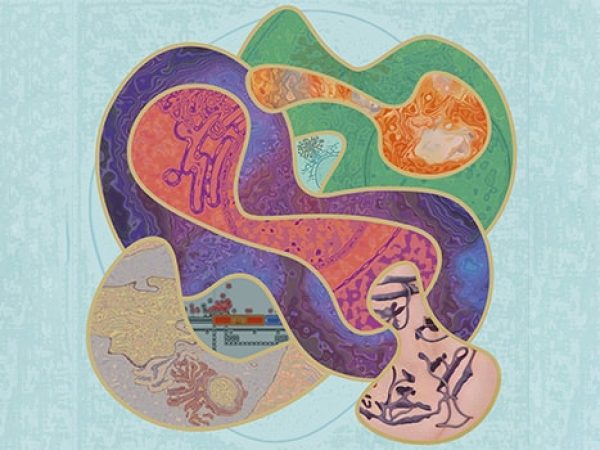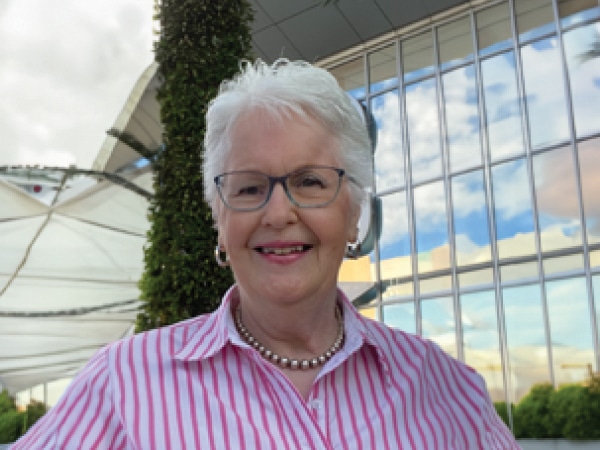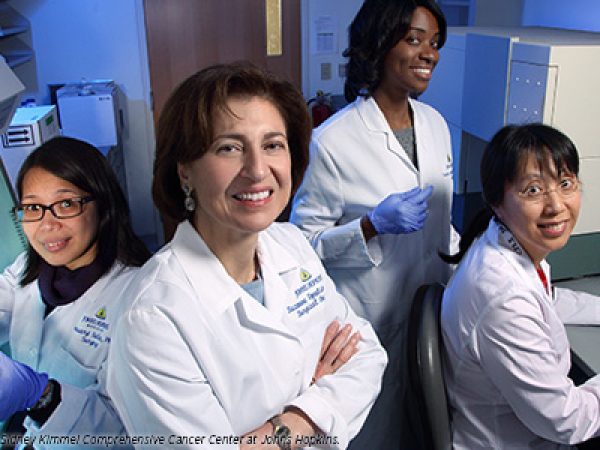Bob Ribbans: Sleeping Well Thanks to Cancer Immunotherapy
When his melanoma spread, Bob turned to a clinical trial of an investigational, local immunotherapy called T-Vec.
Bob Ribbans sleeps well these days. It’s a welcome relief from the restless nights the 67-year-old New Jersey grandfather endured throughout several years of treatments for melanoma.
After a career spent outside as a golf course superintendent, Bob retired in 2006 to spend all his time working the family’s 140-acre alpaca farm in Ringoes, New Jersey.
In the summer of 2008, Bob noticed a scab on the top of his head that just wouldn’t go away. At his wife’s urging, Bob went to a dermatologist, who performed a biopsy on the wound.
“I remember the phone call. I was standing right at the foot of my bed upstairs and he said, ‘Bob, this is Dr. Coleman, your test came back positive for melanoma.’ That was pretty dramatic. It was hard to take, so of course I called my wife right away and told her.”
Bob knew melanoma was a form of skin cancer, but not much more about the disease. Naturally, he Googled it.
Later, his wife, Helen, called to check on him and told him to get off the computer until she got home from work. Together they looked at treatment options. Quickly, they decided on surgery and Bob had the melanoma removed.
“After that the doctor told me that there’s a pretty good chance, 60-40, that the melanoma is not going to come back,” Bob recalled. “Well, that’s too close to 50-50 for me, so I was very concerned.”
Sure enough, in July 2009, new lesions appeared and Bob underwent radiation therapy. Then in December 2009, the melanoma returned again, with lesions appearing on his forehead. That’s when Helen, who works with companies to help get new drugs approved, learned about a clinical trial at St. Luke’s University Hospital in Bethlehem, Pennsylvania. The trial was testing an investigational localized immunotherapeutic for melanoma called T-Vec.
Bob enrolled in the clinical trial.
The hour-long drive to Pennsylvania for his first treatment in the trial “felt like it took eight hours.”
Bob and Helen made the drive to Bethlehem every two weeks from January through April 2010. At each appointment the melanoma lesions were each injected with T-Vec. Over that time, all the lesions disappeared.
Then in June, Bob noticed a lump on his neck about the size of a dime. He quickly made an appointment at St. Luke’s to have it checked out.
The bump was a lymph node. A biopsy found melanoma cells, but most of the cancer cells were dead. It appeared that Bob’s immune system was trying to destroy the melanoma cells.

“We went back for more T-Vec injections until the the melanoma cells disappeared, followed by surgery to remove the lymph node,” Bob said.
Bob continues to get CT scans every six months as well as follow-ups with his dermatologists to look for any signs that his disease has returned.
“As far as I’m concerned, I’m cured. Not in remission, I’m cured,” he said. “I have two grandsons, one is 13 and one is 10. And I want to be around to hold their kids, my great-grandchildren, in my arms.”
He credits cancer research and clinical trials for giving him the expectation of a long, healthy life.
“I wouldn’t be here if there wasn’t a clinical trial. I wouldn’t be here because there was nothing else anybody could do. I couldn’t be more grateful.”
And now he can sleep.
“When I was first diagnosed and throughout the whole treatment – surgery, radiation, and the T-Vec clinical trial – the only thing that really bothered me was my sleep. I just couldn’t sleep. I was awake constantly. During the day I was fine, but when everything’s quiet and you have time for thought, your mind plays tricks on you. You’re just thinking ‘What am I going to do? Is it going to work? Is it not going to work?’ Now I fall asleep pretty easily. I enjoy my sleep.”




